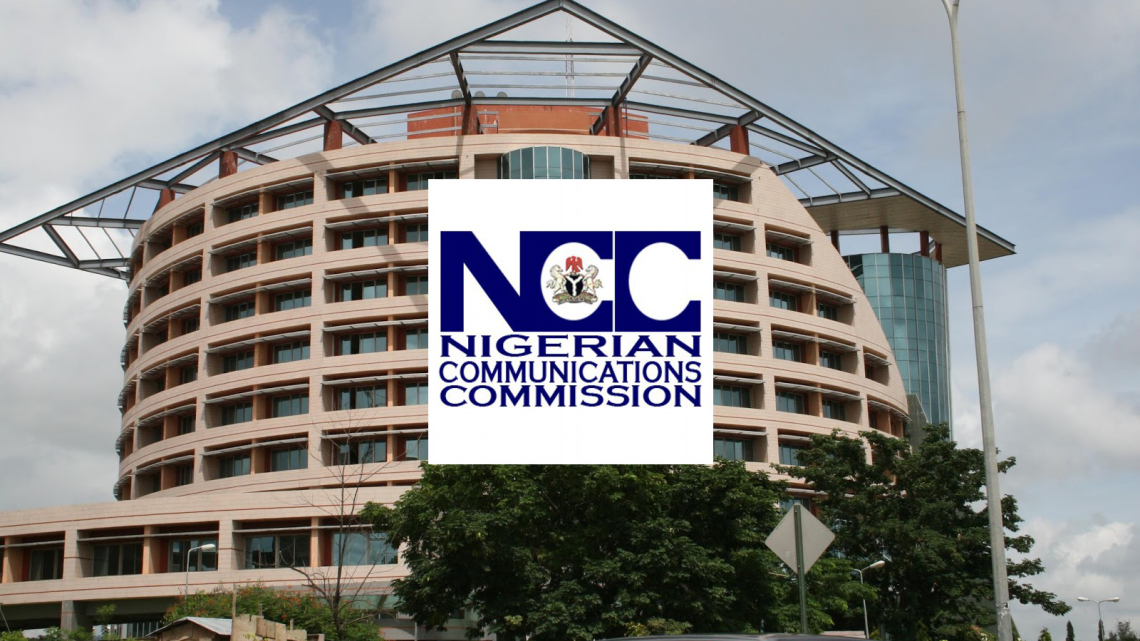Investigation by National Daily has revealed that pressure from a section of the Main Network Operators (MNOs) and lack of independence in policy implementation by the telecoms regulator, the Nigerian Communications Commission (NCC), is currently causing shocks in the telecom’s data segment capable of collapsing small Internet Service Providers (ISPs).
This stemmed from the inability of NCC to stand its ground in reviewing data price floor (DPF).
NCC had some months ago, given a go ahead to networks, but suddenly made a U-Turn.
A price floor is a minimum price on a commodity or service that serves as a regulatory safeguard to check anti-competitive practices of dominant players in an industry.
However, after series of pressure from industry stakeholders, the agency’s Executive Vice Chairman, Prof Umar Danbatta, in June said that a cost-based research was being conducted in order to determine the data price floor.
But worried by silence and observed endless research on DPF, pundits are beginning to suspect that either the regulator is under the clutches of one or two MNOs who are ripping from the floorless data price; or it lacks regulatory intelligence to do the needful on DPF to save smaller ISPs.
Observers say, lack of DPF is not only frustrating the growth in broadband penetration due to poor investment caused by unhealthy competition, some small ISPs is nearing extinction as the market segment is becoming wasteful.
The President, Association of Licensed Telecommunications Operators of Nigeria (ALTON), Gbenga Adebayo, argued that continued absence of data price floor is putting the smaller players at risk of collapse because they were unable to offer prices beyond a minimum threshold without affecting their investments. Venn had argued that but for none review of DPF, investments that would have driven data segment by far have remained scanty in the sector after all.
According to ALTON boss, “We are concerned that the smaller operators are badly affected by this non-regulation of the data floor plan. It is a big problem for the industry and demands urgent attention. Those who actually change the rules of the game are the smaller players. They can introduce flexible pricing”.
“In order to protect the players who are able to change the rules of the game and challenge the big operators, there must be a minimum floor price.
ALSO SEE: How CBN resisted pressures to devalue Naira
“We are not saying regulators should be involved in commercial issues; we are just saying there is a minimum healthy price floor, which nobody should go below. Otherwise, it will be race to the bottom. Everyone will try to under-price the other. It favours the big players and put the small players at risk.”
Already, NCC has revealed that out of the 182 licensed ISPs in the country, only 87 of them were actively providing Internet services for 390,794 subscribers, excluding MNOs like MTN, Airtel, Glo and 9mobile, which also provide Internet services.
Even within the MNO cabal, 9mobile has called for early review of DPF so that the segment will grow and have the courage to invest and deepen services as part of efforts to grow broadband penetration.
On the other hand, NCC’s statistics shows that about 52 per cent of ISPs are currently not in operation as they have not renewed their operating licences.

 Business1 week ago
Business1 week ago
 Football1 week ago
Football1 week ago
 Entertainment1 week ago
Entertainment1 week ago
 Entertainment6 days ago
Entertainment6 days ago
 Latest1 week ago
Latest1 week ago
 Entertainment3 days ago
Entertainment3 days ago
 Business1 week ago
Business1 week ago
 Latest1 week ago
Latest1 week ago








